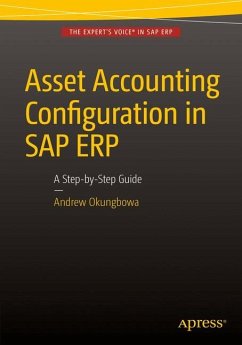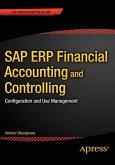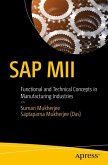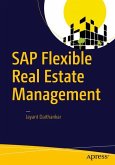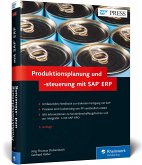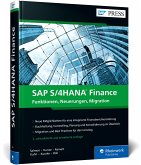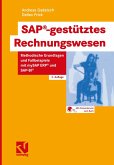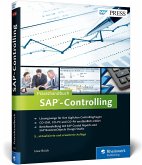In this book, noted expert Andrew Okungbowa explains SAP Asset Accounting (FI-AA) in SAP-ERP, including its associated business benefits, and guides you through the considerable complexities of SAP-ERP configuration. Using FI-AA for fixed asset management enables you to manage assets in multinational companies across a broad range of industries and produce reports to meet various needs in line with legal requirements. Configuring SAP-ERP can be a daunting exercise, however, and there are few resources that address these issues.
Asset Accounting Configuration in SAP ERP fills that resource gap by covering the major aspects of SAP FI-AA for anyone with SAP experience and the basic accounting knowledge and bookkeeping skills necessary to apply configuration. It provides configuration explanations in the simplest forms possible and provides step-by-step guidance with illustrations and practical examples.
What You'll Learn
How to configure FI-AA accounting in SAP
How to integrate FI-AA accounting with other SAP modules
How to explain the functionalities of SAP FI-AA
Knowledge gained from real-world practical examples and case studies
Who This Book Is For
The key target audience for this book includes SAP consultants, developers, accountants, support organizations and beginners. It is also a resourceful learning manual for universities and institutions whose curricula covers SAP-ERP Asset Accounting.
Asset Accounting Configuration in SAP ERP fills that resource gap by covering the major aspects of SAP FI-AA for anyone with SAP experience and the basic accounting knowledge and bookkeeping skills necessary to apply configuration. It provides configuration explanations in the simplest forms possible and provides step-by-step guidance with illustrations and practical examples.
What You'll Learn
How to configure FI-AA accounting in SAP
How to integrate FI-AA accounting with other SAP modules
How to explain the functionalities of SAP FI-AA
Knowledge gained from real-world practical examples and case studies
Who This Book Is For
The key target audience for this book includes SAP consultants, developers, accountants, support organizations and beginners. It is also a resourceful learning manual for universities and institutions whose curricula covers SAP-ERP Asset Accounting.

